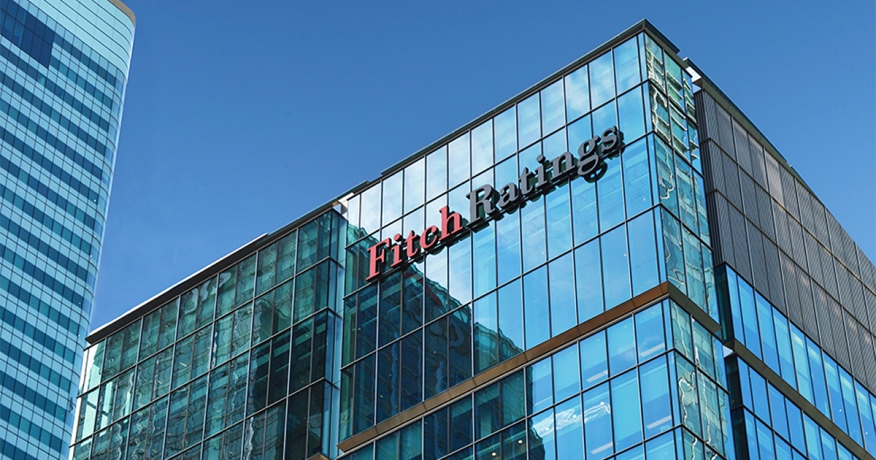
Fitch Places Fannie, Freddie On Negative Ratings Watch

Ties credit rating to outcome of U.S. debt limit negotiations.
As negotiations over raising the federal debt ceiling drag on, the lack of a deal is starting to have side effects.
Late Thursday, Fitch Ratings announced it had placed Fannie Mae’s and Freddie Mac’s debt ratings on Ratings Watch Negative (RWN). The announcement followed Fitch’s decision two days earlier to place the federal government on RWN because of the lack of deal on the debt limit.
The RWN rating means an organization’s credit rating could be downgraded. In this case, the government-sponsored enterprises’ (GSE) ratings are at risk of a downgrade because “of the uncertainty surrounding the resolution of the RWN on the U.S.,” Fitch said.
“It is also unclear at this time what level of support the housing GSEs can expect if the U.S. rating were to drop to Restricted Default (RD),” Fitch said in a news release.
“If Fitch were to downgrade the U.S. sovereign to RD due to debt-ceiling challenges,” Fitch continued, “it would not necessarily lead to an immediate downgrade of the housing GSEs' ratings to RD, provided the housing GSEs continued to perform on their respective obligations.”
Fitch noted that the repayment of the GSEs' obligations “stems primarily from cash flows from operations, as opposed to direct reliance on the federal government.”
Fannie Mae and Freddie Mac buy residential loans from mortgage lenders, then package and sell them as mortgage-backed securities to investors. This provides capital to lenders to issue more loans.
If the debt ceiling is not raised and the government defaults on its financial obligations, this process could be disrupted.
As GSEs, Fannie Mae and Freddie Mac benefit from implicit government support, Fitch said. Their Long-Term Issuer Default Ratings (IDR) and Government Support Ratings (GSR) “are directly linked to the U.S. sovereign's Long-Term IDRs, based on Fitch's view of the U.S. government's direct financial support of the two housing GSEs,” Fitch said.
The ratings company said the GSEs continue to benefit from “meaningful financial support from the U.S. government,” and that it aligns the GSEs' ratings to the U.S. rating “due to their mission-critical function to the U.S. housing finance system and the U.S. Treasury's Senior Preferred Stock Purchase Agreement (SPSPA).”
Fitch said it believes Fannie Mae and Freddie Mac continue to execute on their mission to provide “liquidity, stability, and affordability to the housing finance industry.”
While the GSEs’ Long-Term IDRs are “directly linked to the Long-Term IDRs of the U.S. sovereign and will continue to move in tandem to it,” Fitch said, a downgrade is not expected and would be avoided once the debt-ceiling negotiations are resolved.
The negotiations now face a June 5 deadline after Treasury Secretary Janet Yellen said Friday that the government would default if Congress does not increase the $31.4 trillion debt ceiling by that date.
“We now estimate that Treasury will have insufficient resources to satisfy the government’s obligations if Congress has not raised or suspended the debt limit by June 5,” she wrote in a statement.
Negotiations over raising the debt ceiling were to continue through the holiday weekend, officials said, and President Biden said he is “very optimistic” about reaching a deal.
Officials from Fannie Mae and Freddie Mac did not immediately respond to a request for comment.




